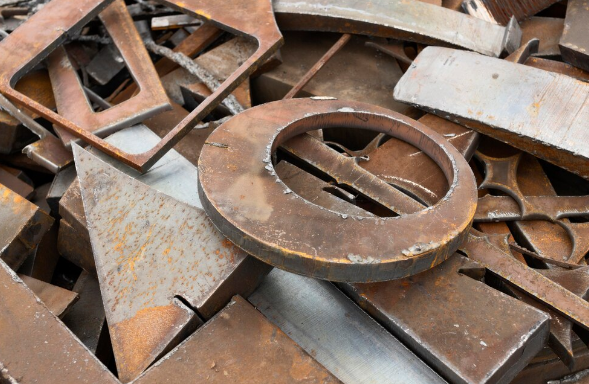Understanding Metal Recycling Services: Key Practices and Benefits

Metal recycling services have become an integral part of modern waste management and environmental conservation efforts. The process involves collecting, processing, and repurposing various types of metals, which would otherwise end up in landfills, causing environmental harm. This article delves into the key practices involved in metal recycling services and explores the numerous benefits they offer to society and the environment.
Key Practices in Metal Recycling Services
1. Collection and Sorting
The first step in metal recycling services is the collection of scrap metals. Metals are collected from various sources, including construction sites, manufacturing facilities, households, and demolition projects. Once collected, the metals are sorted based on their type and quality. Commonly recycled metals include aluminum, steel, copper, and iron. Sorting is crucial because different metals have different recycling processes and values.
2. Processing and Shredding
After sorting, the metals undergo processing, which often involves shredding. Shredding breaks down large metal pieces into smaller fragments, making them easier to handle and process further. This step is essential for increasing the surface area of the metals, which facilitates more efficient melting and refining.
3. Melting and Purification
The shredded metals are then melted in large furnaces at high temperatures. This process separates impurities from the metal, ensuring that the recycled material is of high quality. Different types of metals require different temperatures and conditions for melting, which is why specialized facilities are used for this purpose.
4. Solidifying and Forming
Once purified, the molten metal is poured into molds to solidify. These molds can create various shapes and sizes, depending on the intended use of the recycled metal. The solidified metal is then cooled and prepared for further processing or direct use in manufacturing new products.
5. Quality Control and Distribution
Quality control is a critical step in metal recycling services. The recycled metal undergoes rigorous testing to ensure it meets industry standards and specifications. Once approved, the metal is distributed to manufacturers and other industries for use in producing new goods. This closed-loop process significantly reduces the need for virgin raw materials.
Benefits of Metal Recycling Services
1. Environmental Conservation
One of the most significant benefits of metal recycling services is environmental conservation. Recycling metals reduces the need for mining and extracting new raw materials, which is an energy-intensive and environmentally damaging process. By using recycled metals, we can conserve natural resources and reduce greenhouse gas emissions, contributing to a healthier planet.
2. Energy Savings
Recycling metals consumes significantly less energy compared to producing metals from virgin ores. For example, recycling aluminum saves up to 95% of the energy required to produce aluminum from bauxite ore. Similarly, recycling steel saves about 60% of the energy needed for steel production from iron ore. These energy savings translate into lower carbon emissions and reduced reliance on fossil fuels.
3. Economic Benefits
Metal recycling services contribute to the economy by creating jobs and generating revenue. The recycling industry employs thousands of people in various roles, from collection and processing to quality control and distribution. Additionally, recycled metals are often less expensive than virgin metals, providing cost savings for manufacturers and consumers alike.
4. Waste Reduction
By recycling metals, we can significantly reduce the amount of waste that ends up in landfills. Metals are durable materials that can take hundreds of years to decompose. Recycling them not only conserves landfill space but also prevents soil and water contamination caused by metal leachates.
5. Conservation of Natural Resources
Recycling metals helps conserve finite natural resources, such as iron ore, bauxite, and copper ore. These resources are non-renewable, meaning they will eventually deplete if not managed sustainably. Metal recycling services ensure that we make the most of the materials we already have, extending their lifecycle and reducing the need for new extractions.
6. Promoting a Circular Economy
Metal recycling services are a cornerstone of the circular economy, an economic system aimed at minimizing waste and making the most of existing resources. By keeping metals in use through recycling, we can create a more sustainable and efficient economy. This approach reduces the environmental impact of production and consumption, paving the way for a more sustainable future.
Conclusion
Metal recycling services play a crucial role in promoting environmental sustainability, conserving energy, and supporting economic growth. The key practices involved in these services, from collection and sorting to melting and quality control, ensure that metals are efficiently repurposed and kept in circulation. By understanding and supporting metal recycling services, we can contribute to a greener, more sustainable planet and enjoy the numerous benefits they offer.








